#royal swedish opera
Text
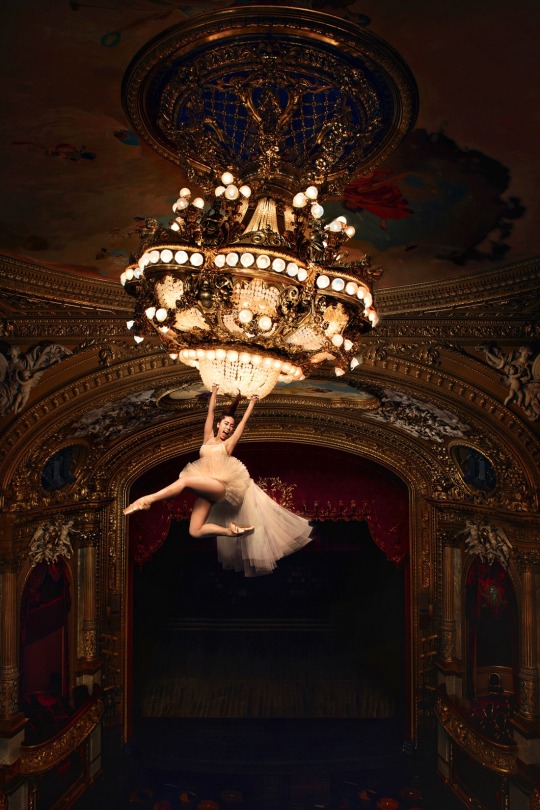
A NIGHT AT THE OPERA by KAROLINA HENKE (Sweden 🇸🇪)
📍 THE ROYAL SWEDISH OPERA
The Royal Swedish Opera includes the Royal Ballet, Young at the Opera, the Royal Swedish Orchestra and the Royal Swedish Opera Chorus.
24 notes
·
View notes
Text
Carolina Östberg was one of the most famous and beloved singers of all on the Swedish opera stage during the last decades of the 1800s.
Carolina Östberg was born in Stockholm in 1853. She was the daughter of the master barber surgeon Johan Ludvig Östberg and Beata Ulrika Wallberg. Even as a child, Carolina Östberg showed that she was naturally musically gifted. It was however not until she was about 16, and accepted as a pupil at the Royal Swedish Academy of Music, that she was given the opportunity to develop this talent further. Carolina Östberg studied Christina Nilsson’s and Zelia Trebelli’s singing methods thoroughly when they visited Sweden, but she considered that she had her singing teacher, Professor Joseph Günther, to thank for her highly developed singing technique.
After three years of studies, she made her stage debut at the Royal Theatre, nowadays the Royal Opera in Stockholm, when she entered the great stage in the role of Anna in the opera Der Freischütz, on 15 December 1873. The critics wrote that this unusually talented debutante had a soprano voice with a fresh, clear and pure timbre and that she also showed evidence of careful training in coloratura. The year after, she had yet another achievement in the male role Carlo Broschi in Daniel Auber’s opera La Part du Diable, and was given a contract. During her three years at the Royal Theatre, she created important Mozart roles such as, among others, Susanna in Le Nozze di Figaro and Papageno and one of the genies in Der Zauberflöte. For each new performance, Carolina Östberg won ever greater recognition from critics and audiences alike.
When her contract ended in 1877, Carolina Östberg planned to educate herself further in St Petersburg. However, the journey was cancelled since instead she married the wholesale dealer Moritz Horwitz the year after, and chose to leave the stage to the audience’s great disappointment, apparently permanently. The prevailing period of depression in Sweden meant however that her husband’s income was very meagre. Carolina Östberg decided to return to the stage once more. Her unexpected return in 1879 as the title role in Franz von Suppé’s operetta Boccaccio on the stage of Nya teatern was such a roaring success that it created total Boccaccio-fever in the capital. The acclaimed performance sold out time and again and Carolina Östberg was paid a staggering fee of 100 kronor per evening. Her engagement at Nya teatern lasted until 1885 and she played the main role in among other works Charles Lecocq’s opera Le Petit Duc, Madame Favart by Offenbach, and Charles Grisart’s Les Poupées de l’Infante. During her years at the theatre, Carolina Östberg gave guest performances at many other theatres, for example in Denmark in 1880, Germany and the Netherlands in 1882—1883 and Norway in 1885.
When Carolina Östberg once again was given a contract at the Royal Theatre in 1886, this was considered a triumph for the audience who had demanded her return to the great dramatic stage for a very long time. Apart from a break for touring America in 1892—1894, Carolina Östberg belonged to the permanent ensemble at the Royal Theatre until 1906 when she resigned to work as a private singing teacher, an enterprise that she had carried on parallel to the theatre for several years.
In 1897, Carolina Östberg was elected to be a member of the Royal Swedish Academy of Music. She was awarded the medal Litteris et Artibus in 1891 and on King Oscar II’s birthday in 1900, Carolina Östberg received from his hand the unusual medal Litteris et Artibus decorated with diamonds. Carolina Östberg was a member of Idun’s women’s academy for a while, along with – among others – Selma Lagerlöf, Agda Montelius and Karolina Widerström.
Carolina Östberg died on 27 February 1924. She lies buried at the Northern Cemetery in Solna. Her voice has been preserved on nine gramophone recordings from 1905.
#classical music#opera#music history#bel canto#composer#classical composer#aria#classical studies#maestro#chest voice#Carolina Östberg#singing teacher#Royal Swedish Opera#Le Nozze di Figaro#Wolfgang Amadeus Mozart#The Marriage of Figaro#soprano#classical musician#classical musicians#classical history#history of music#historian of music#musician#musicians#diva#prima donna#opera history
6 notes
·
View notes
Text

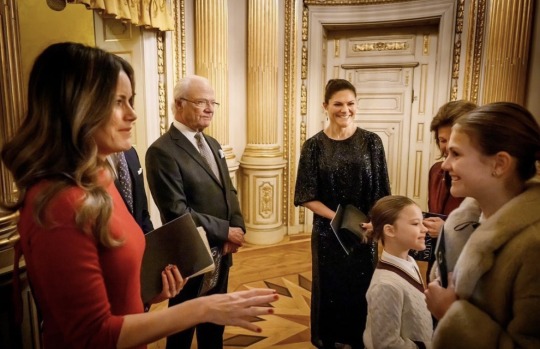


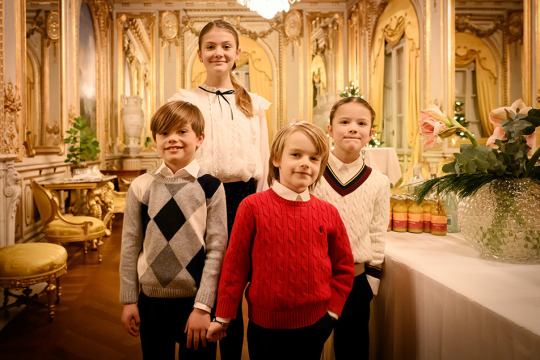
17th December 2023 // The King, Queen, Crown Princess Victoria and her two children, and Princess Sofia and her two oldest sons were seen on an evening out at the Royal Opera in Stockholm, watching The Nut Cracker.
#swedish royal family#crown princess victoria#my upload#king carl xvi gustaf#king carl gustaf#princess estelle#queen silvia#prince oscar#princess sofia#prince alexander#prince gabriel#2023#December 2023#opera
104 notes
·
View notes
Text
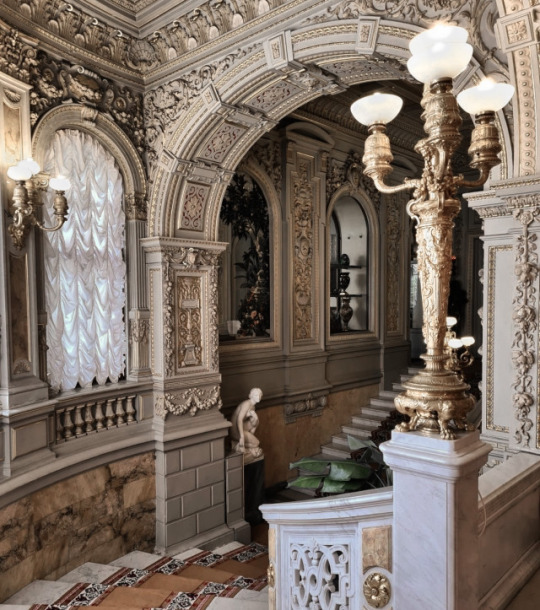
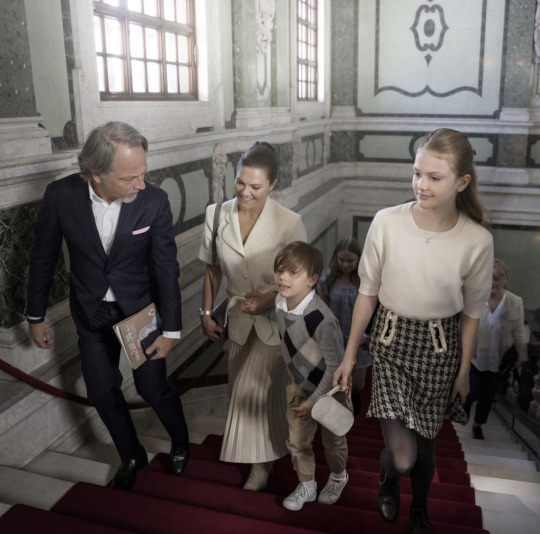
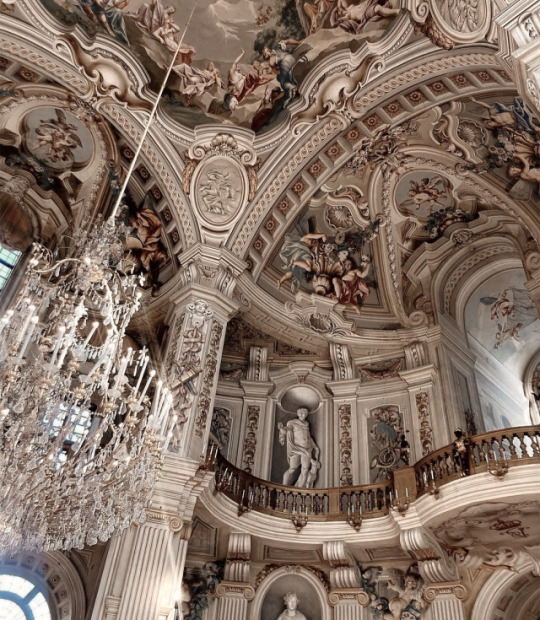
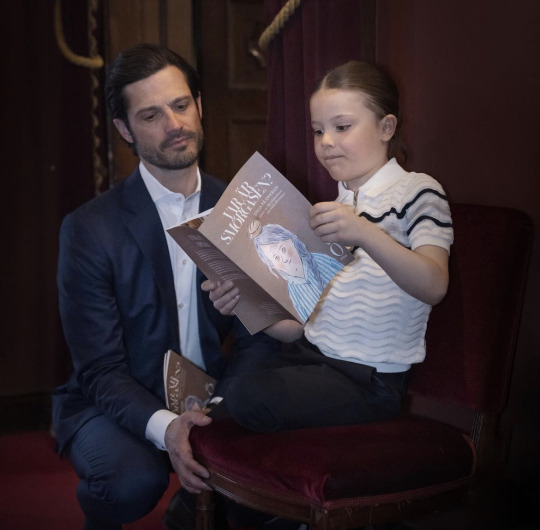
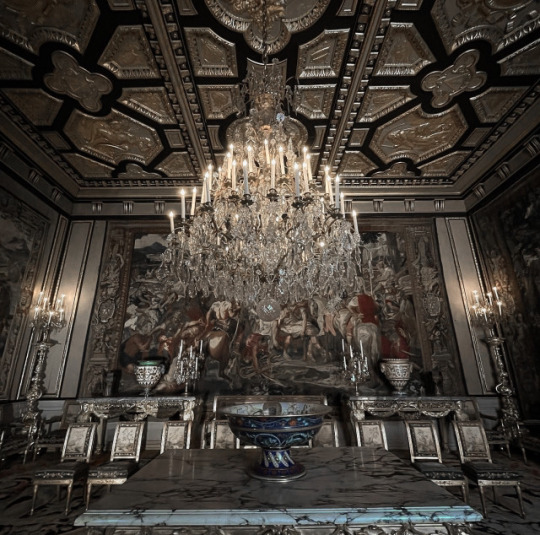
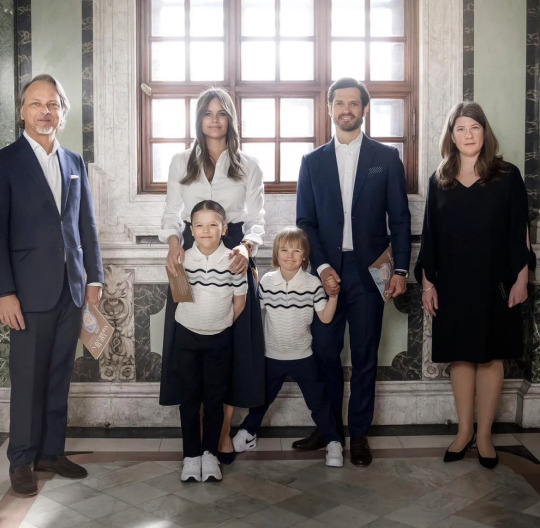
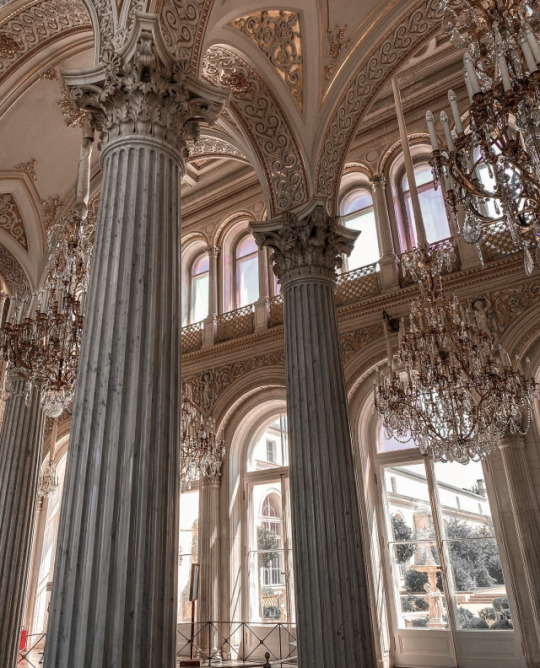
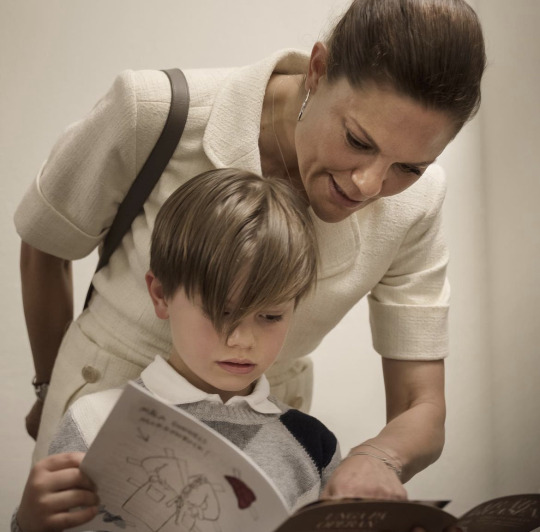
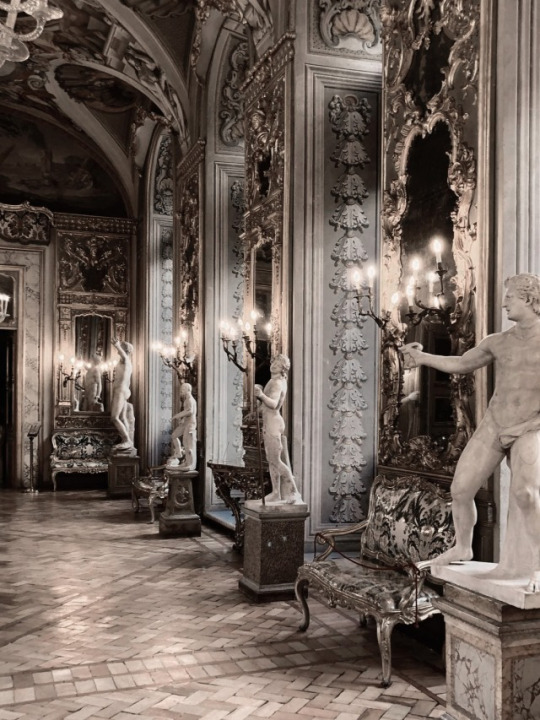
the swedish royals in palaces
#not all of these pics are from the opera hehehe#does that count as cheating? lol#royal series#my edit#swedish royal family#scandinavian royalty#moodboard#crown princess victoria#prince daniel#princess estelle#prince oscar#prince carl philip#princess sofia#prince gabriel#prince alexander#royal aesthetics#royalcore#royaltyedit
37 notes
·
View notes
Text
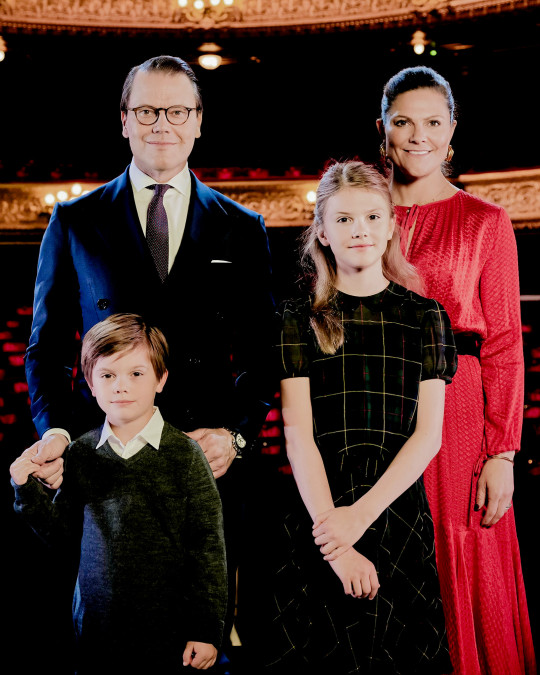
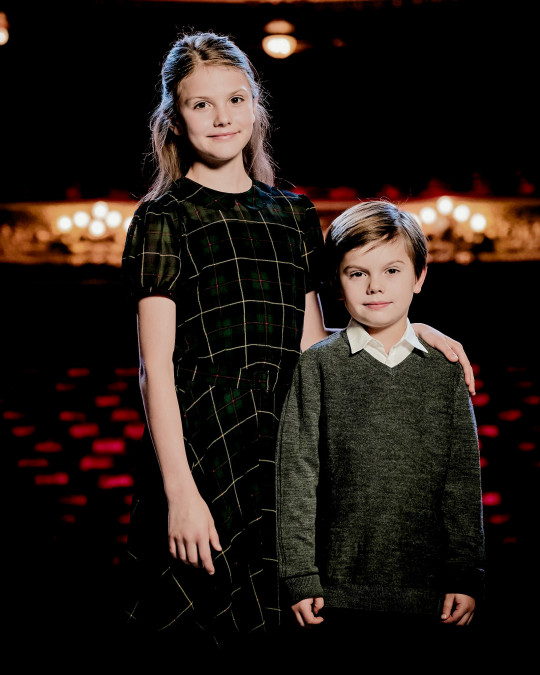
Crown Princess Victoria of Sweden, Prince Daniel of Sweden, Princess Estelle of Sweden and Prince Oscar of Sweden visit the Royal Opera to watch a performance of the ballet “Cinderella”, in Stockholm, Sweden -December 19th 2022.
📷 : Sören Vilks/Kungliga Operan.
#crown princess victoria#prince daniel#princess estelle#prince oscar#prince oscar of sweden#swedish royal family#sweden#2022#december 2022#royal opera#royal opera stockholm#cinderella#royal children#my edit
45 notes
·
View notes
Text

Royal Swedish Opera, Stockholm, Sweden.
Photo by David Leventi
#art#photography#nature#landscape#aesthetic#portrait#painting#contemporary art#architecture#abstract#sweden#royal opera house#curators on tumblr
448 notes
·
View notes
Text

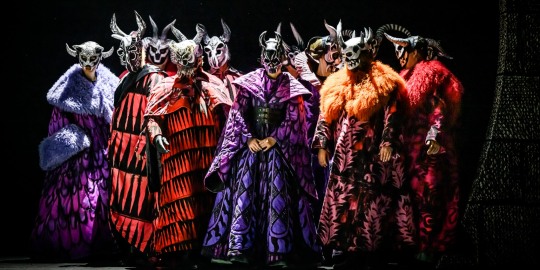
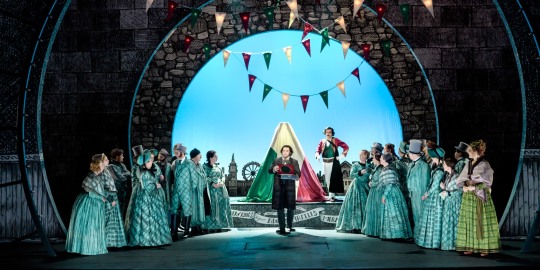

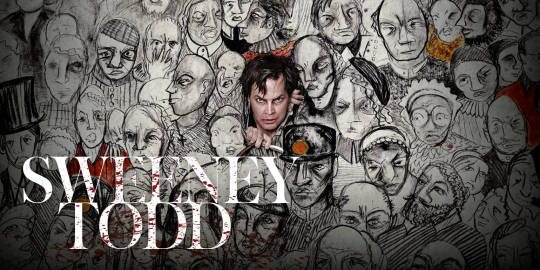
Sweeney Todd at the Royal Swedish Opera, 2023.
Photo: Sören Vilks/Annika Berglund.
#sweeney todd#stephen sondheim#musicals#sweeney todd the demon barber of fleet street#musical theater#this SLAPPED i don't remember when i last saw such a visually striking show
732 notes
·
View notes
Text
The Catalan authors who were kept out of the Nobel Literature Prize for being Catalan
Did you know that there have been a handful of Catalan writers who were candidates to win the Nobel Literature Prize, but because of Spanish interference they never did?
The Nobel Prize discloses its debate and reasoning process 50 years after each edition. This means that we already know the details of what happened in the earliest editions of this Prize, which was started in 1901.
The name of the Catalan play-writer Àngel Guimerà (author of Marta of the Lowlands, Mar i cel, La filla del mar...), whose works have been translated to many languages and played all around Europe and the Americas, with many film and opera adaptations, sounded often in the Nobel committee. He was presented as a candidate to win the Nobel Prize 17 times in a row, since 1907 until his death in 1924. In the editions of 1917 and 1919, many were convinced he would win. However, the declassified documents show why he didn't: as written by the man who was then president of the Nobel Committee, Haralg Härne, Guimerà wasn't given the prize "to avoid hurting the national pride of the Spanish". In 1919, Härne writes that the objective of the Nobel Prize is to promote peace and thus to award Guimerà and show support for a minority culture would be to encourage internal conflict (🤦). The Academy decided that they couldn't give a prize to Guimerà "before awarding another writer who expresses himself in the most ancient noble language of the country" (weird way to mean "the official language", aka Spanish, because they surely didn't mean Basque). In summary, if a Catalan is to be considered, he must always be second to a Spanish man. Even when the Catalan is, in the words of the Nobel Academy, "the most eminent writer of our times", he can never be considered an equal, always must be behind.
Àngel Guimerà wrote in the Catalan language, which was discriminated against by Spanish and considered an enemy by the Spanish government and much of Spanish society. Guimerà was a firm defender of the right to use the Catalan language and that nobody should be forced to speak the imperial languages instead of their own, and was involved with the political movement for the rights of Catalan people. For this reason, every time the famous Swedish academy was considering Guimerà, the Spanish Royal Academy of Language (RAE) fought it with all its might. Nowadays, Guimerà's theatre plays continue to move thousands of spectators every year.
The same happened again with the poet Josep Carner. In the 1960s, Josep Carner was on exile, because he was a Catalan poet writing in Catalan and who stood against the fascist dictatorship of Spain, which persecuted the Catalan language and identity. Famous writers from around the world, including T. S. Eliot, François Mauriac, Giuseppe Ungaretti and Roger Caillois, supported Josep Carner's candidacy to win the Nobel, but the Spanish Government did everything possible to obstruct it. We don't know if Carner would have won or not, but he was deprived of even trying because of the Spanish government's hatred of Catalan.
Something similar seems to have happened between the 1970s and 1990s to three other Catalan poets: Salvador Espriu, J. V. Foix, and Miquel Martí i Pol, where they did not get any support from the Spanish authorities, so we don't know how it would have ended up.
Another example of what it means to have a state actively working against you because of bigotry against your cultural group.
Sources: book Det litterära Nobelpriset by the president of the Nobel Committee Kjell Espmarck, Pep Antoni Roig (El Nacional), Joan Lluís-Lluís (El Punt Avui), and Jordi Marrugat (Institut Ramon Llull).
#literatura#arts#història#àngel guimerà#josep carner#literature#books#reading#nobel prize#nobel literature prize#catalanophobia#catalanofòbia#catalan#cultures#writing#human rights#minority languages#1900s#history
65 notes
·
View notes
Text
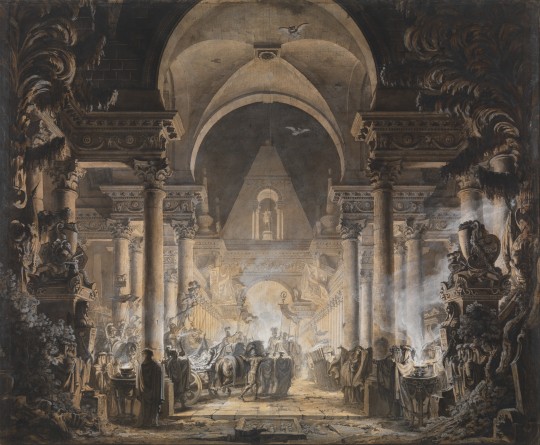
The Tomb of Agamemnon by Louis-Jean Desprez. French, c. 1787. Black ink and gray washes, heightened with white gouache, on beige paper. In the collection of the Metropolitan Museum of Art.
Description from the Met:
Trained as an architect, the French artist Desprez was appointed by King Gustav III of Sweden in 1784 as the head stage designer for the Royal Opera in Stockholm. This drawing relates to the sets Desprez made for the Swedish opera Electra, which premiered at Drottningholm Castle on July 22, 1787. The scene of Agamemnon’s interment is in the prologue, which opens with Electra and Orestes plotting to avenge their father’s murder. Desprez’s rendering is cloaked in gloom, with torches and censers dramatically lighting the architecture from below.
#neoclassicism#Agamemnon#Louis-Jean Desprez#Louis Jean Desprez#stage design#theater design#Electra#opera#French#art#works on paper#mythology#pen and ink#gouache
246 notes
·
View notes
Text
So I saw this post about how in the books, Dracula is actually an old man and I always imagined Dracula looked like older Christopher Lee, who played him while he was a kid. While looking him up I accidentally discovered that Christopher Lee was the coolest person in the universe and there is a non-zero chance he was actually Dracula in real life

Sir Christopher Frank Carandini Lee CBE CStJ (May 27th 1922 - June 7th 2015), Sir because he was knighted in 2009 for his charity and his contributions to cinema
So first of all, I saw that he actually knew 8 LANGUAGES (English, Spanish, French, Swedish, Italian, German, Russian and Greek) and was also a staggering 6 feet 5 inches in height. Born in Belgravia in London, one of the most Dracula sounding places I’ve ever heard of, here’s some insane facts about him
•His father, Lieutenant Colonel Geoffrey Trollope Lee of the 60th King's Royal Rifle Corps, fought in the Boer War and World War 1
•His mother, Countess Estelle Marie (née Carandini di Sarzano) was an Edwardian beauty who was painted by Sir John Lavery, Oswald Birley, and Olive Snell, and sculpted by Clare Sheridan
•Lee's maternal great-grandfather, Jerome Carandini, the Marquis of Sarzano, was an Italian political refugee
•Jerome’s wife was English-born opera singer Marie Carandini (née Burgess), meaning that Lee is also related to famous opera singer Rosina Palmer
•His parents would divorce when he was four and his mother would marry Harcourt George St-Croix Rose, banker and uncle of Ian Fleming, making the author of the James Bond books Lee’s step cousin. Fleming would then offer him two roles as the antagonist in the film adaptations of his books, though he was only able to land the antagonist role in The Man With the Golden Gun. It’s believed his role in the film is significantly better and more complex than his book counterpart, played as “a dark side of Bond”
•His family would move and they lived next door to famous silent film actor Eric Maturin
•One night, before he was even 9 years old, he was introduced to Prince Yusupov and Grand Duke Dmitri Pavlovich, THE ASSASSINS OF GRIGORI RASPUTIN, WHOM LEE WOULD GO ON TO PLAY MANY YEARS LATER
•Lee applied for a scholarship to Eton, where his interview was in the presence of the ghost story author M.R. James, who is considered one of the best English language ghost story writers in history and who widely influenced modern horror
•He only missed by King’s Scholar by one place by being bad at math, one of the only flaws God gave him
•Due to lack of working opportunities, Lee was sent to the French Riviera and stayed with his sister and her friends while she was on holiday, and on the way there he stopped briefly in Paris with journalist Webb Miller, a friend of his step father. Webb Miller was an American journalist and war correspondent and was nominated for a Pulitzer Prize for his coverage of the execution of the French serial killer Henri Désiré Landru, also known as BLUEBEARD. He also helped turn world opinion against British colonial rule of India
•While staying with Miller he witnessed Eugen Weidmann’s execution by guillotine, the last public execution ever performed in France
•Arriving in Menton, Lee stayed with the Russian Mazirov family, living among exiled princely families
•When World War 2 began, Lee volunteered to fight for the Finnish Army against the Soviet Union in the Winter War, and a year later, Lee would join the Home Guard. After his father died, he would join the Royal Air Force and was an intelligence officer and leading aircraft man and would later retire as a flight lieutenant in 1946
•While spending some time on leave in Naples, Lee climbed Mount Vesuvius, which erupted only three days later
•After nearly dying in an assault on Monte Cassino, Lee was able to visit Rome where he met his mother’s cousin Nicolò Carandini, who had fought in the Italian Resistance Movement. Nicolò would later go on to be the Italian Ambassador to Britain. Nicolò was actually the one to convince Lee to become an actor in the first place
•Oh yeah Christopher Lee was seconded to the Central Registry of War Criminals and Security Suspects where he was tasked with HELPING TRACK DOWN NAZI WAR CRIMINALS
•Lee’s stepfather served as a captain in the Intelligence Corps
•He was actually told he was too tall to be an actor, though that would honestly help him considering one of his first roles was as The Creature in The Curse of Frankenstein
•He was cast in Captain Horatio Hornblower R.N (1951) as a Spanish captain due to not only his fluency in Spanish but also he knew how to fence!
•Lee’s portrayal of Dracula had a crucial aspect of it which Bela Lugosi’s didn’t have: sexuality, a prime aspect of the original novels.
•While being trapped into playing Dracula under Hammer Film Productions, Lee actually hated the script so much that he would try his best to sneak actual lines from the original novel into the script
•Ironically, he was rejected from playing in The Longest Day because “he didn’t look like a military man”
•Christopher Lee was friends with author Dennis Wheatley, who “was responsible for bringing the occult into him”. He would go on to play in two film adaptations of his novels
•His biggest regret in his career is not taking the role of Sam Loomis from Halloween when offered to him
•Christopher Lee was the only person involved with the Lord of the Rings movies to have actually met J.R.R Tolkien
•When playing Count Dooku, he actually did most of the swordsmanship himself
•Christopher Lee was the second oldest living performer to enter the Billboard Top 100 charts with the song “Jingle Hell” at 91 years old. After media attention, he would get No. 18, and Lee became the oldest person to ever hit the Billboard Top 20 chart
I really am leaving some stuff out here and I may go on
#christopher lee#dracula#dracula by bram stoker#frankensteins creature#adam frankenstein#frankenstein#lord of the rings#star wars#count dooku#saruman#james bond#ian fleming
28 notes
·
View notes
Photo

Gustav Holst
Gustav Holst (1874-1934) was a British composer of Swedish origin most famous for his dramatic orchestral suite The Planets, first performed in public in 1919. Holst also composed several operas, wrote sacred choral works such as The Hymn of Jesus, and was a dedicated collector of folk songs.
Early Life
Gustav Holst was born in Cheltenham on 21 September 1874, where his parents, who were of Swedish descent, had set up home. Gustav's father was an organist and piano teacher in Cheltenham. Gustav continued the family interest in music, learning piano and also conducting the local choir. His musical talent shone through, and in 1895, Gustav won a scholarship to study at the Royal College of Music in London. The Holst family had only modest means, and the scholarship – won at the second attempt – was a necessity for Gustav to widen his music education. He studied to play the trombone, an instrument he would use to eke out a living, teaching others to play the instrument and performing as part of seaside brass bands and as a member of the orchestra at the Carl Rosa Opera in London.
After graduation, Holst became a general music teacher in London. In 1903, Holst moved to Dulwich where he taught music at a girls' school, a position he would hold until 1920. In 1905, Holst also became the director of music at the St. Paul's School for Music in Hammersmith. Holst was certainly dedicated to teaching; he remained at St. Paul's for the rest of his life, but other teaching positions he held simultaneously included the music directorship at Morley College for Working Men and Women in London (1907-24) and a professorship of music at Reading University. In addition, Holst found time to return and teach composition at the Royal College of Music.
Continue reading...
36 notes
·
View notes
Text
Opera on YouTube
I've shared links to complete opera performances before, but I love to share them, so I thought I'd make a few masterposts.
These list are by no means the only complete filmed performances of these operas on YouTube, but I decided that ten links for each opera was enough for now.
By the way, some of the subtitles are just a part of the video, while others require you to click CC to see them.
Die Zauberflöte (The Magic Flute)
Hamburg Philharmonic State Opera, 1971 (Nicolai Gedda, Edith Mathis, William Workman, Christina Deutekom, Hans Sotin; conducted by Horst Stein; English subtitles)
Ingmar Bergman film, 1975 (Josef Köstlinger, Irma Urrila, Håkan Hagegård, Birgit Nordin, Ulrik Cold; conducted by Eric Ericson; sung in Swedish; English subtitles)
Salzburg Festival, 1982 (Peter Schreier, Ileana Cotrubas, Christian Bösch, Edita Gruberova, Martti Talvela; conducted by James Levine; Japanese subtitles)
Bavarian State Opera, 1983 (Francisco Araiza, Lucia Popp, Wolfgang Brendel, Edita Gruberova, Kurt Moll; conducted by Wolfgang Sawallisch; English subtitles)
Metropolitan Opera, 1991 (Francisco Araiza, Kathleen Battle, Manfred Hemm, Luciana Serra, Kurt Moll; conducted by James Levine; English subtitles)
Paris Opera, 2001 (Piotr Beczala, Dorothea Röschmann, Detlef Roth, Desirée Rancatore, Matti Salminen; conducted by Ivan Fischer; no subtitles)
Royal Opera House, Covent Garden, 2003 (Will Hartman, Dorothea Röschmann, Simon Keenlyside, Diana Damrau, Franz Josef Selig; conducted by Colin Davis; no subtitles) – Act I, Act II
La Monnaie, Brussels, 2005 (Topi Lehtipuu, Sophie Karthäuser, Stephan Loger, Ana Camelia Stefanescu, Harry Peeters; conducted by René Jacobs; French subtitles)
Kenneth Branagh film, 2006 (Joseph Kaiser, Amy Carson, Benjamin Jay Davis, Lyubov Petrova, René Pape; conducted by James Conlon; sung in English)
San Francisco Opera, 2010 (Piotr Beczala, Dina Kuznetsoca, Christopher Maltman, Erika Miklósa, Georg Zeppenfeld; conducted by Donald Runnicles; English subtitles)
La Traviata
Mario Lanfrachi studio film, 1968 (Anna Moffo, Franco Bonisolli, Gino Bechi; conducted by Giuseppe Patané; English subtitles)
Glyndebourne Festival Opera, 1987 (Marie McLaughlin, Walter MacNeil, Brent Ellis; conducted by Bernard Haitink; Italian and Portuguese subtitles)
Teatro alla Scala, 1992 (Tiziana Fabbricini, Roberto Alagna, Paolo Coni; conducted by Riccardo Muti; English subtitles)
Royal Opera House, Covent Garden, 1994 (Angela Gheorghiu, Frank Lopardo, Leo Nucci; conducted by Georg Solti; Spanish subtitles)
Teatro Giuseppe Verdi, 2003 (Stefania Bonfadelli, Scott Piper, Renato Bruson; conducted by Plácido Domingo; Spanish subtitles)
Salzburg Festival, 2005 (Anna Netrebko, Rolando Villazón, Thomas Hampson; conducted by Carlo Rizzi; no subtitles)
Los Angeles Opera, 2006 (Renée Fleming, Rolando Villazón, Renato Bruson; conducted by James Conlon; English subtitles)
Opera Festival St. Margarethen, 2008 (Kristiane Kaiser, Jean-Francois Borras, Georg Tichy; conducted by Ernst Märzendorfer; English subtitles)
Teatro Real di Madrid, 2015 (Ermonela Jaho, Francesco Demuro, Juan Jesús Rodríguez; conducted by Renato Palumbo; English subtitles)
Teatro Massimo, 2023 (Nino Machiadze, Saimir Pirgu, Roberto Frontali; conducted by Carlo Goldstein; no subtitles)
Carmen
Herbert von Karajan studio film, 1967 (Grace Bumbry, Jon Vickers; conducted by Herbert von Karajan; English subtitles)
Vienna State Opera, 1978 (Elena Obraztsova, Plácido Domingo; conducted by Carlos Kleiber; English Subtitles)
Francisco Rosi film, 1982 (Julia Migenes, Plácido Domingo; conducted by Lorin Maazel; English subtitles)
Metropolitan Opera, 1987 (Agnes Baltsa, José Carreras; conducted by James Levine; English subtitles)
London Earls Court Arena, 1989 (Maria Ewing, Jacque Trussel; conducted by Jaques Delacote; English subtitles)
Royal Opera House, Covent Garden, 1991 (Maria Ewing, Luis Lima; conducted by Zubin Mehta; English subtitles) – Acts I and II, Acts III and IV
Arena di Verona, 2003 (Marina Domashenko, Marco Berti; conducted by Alain Lombard; Italian subtitles)
Royal Opera House, Covent Garden, 2006 (Anna Caterina Antonacci, Jonas Kaufmann; conducted by Antonio Pappano; English subtitles) – Acts I and II, Acts III and IV
Metropolitan Opera, 2010 (Elina Garanca, Roberto Alagna; conducted by Yannick Nézet-Séguin; English subtitles) – Acts I and II, Acts III and IV
Opéra-Comique, 2023 (Gaëlle Arquez, Frédéric Antoun; conducted by Louis Langrée; English subtitles)
La Bohéme
Franco Zeffirelli studio film, 1965 (Mirella Freni, Gianni Raimondi; conducted by Herbert von Karajan; English subtitles)
Metropolitan Opera, 1977 (Renata Scotto, Luciano Pavarotti; conducted by James Levine; no subtitles)
Teatro alla Scala, 1979 (Ileana Cotrubas, Luciano Pavarotti; conducted by Carlos Kleiber; no subtitles)
Opera Australia, 1993 (Cheryl Barker, David Hobson; conducted by Julian Smith; Brazilian Portuguese subtitles)
Teatro Regio di Torino, 1996 (Mirella Freni, Luciano Pavarotti; conducted by Daniel Oren; Italian subtitles)
Teatro alla Scala, 2003 (Cristina Gallardo-Domâs, Marcelo Alvarez; conducted by Bruno Bartoletti; Spanish subtitles)
Zürich Opera House, 2005 (Cristina Gallardo-Domâs, Marcello Giordani; conducted by Franz Welser-Möst; no subtitles)
Robert Dornhelm film, 2009 (Anna Netrebko, Rolando Villazón; conducted by Bertrand de Billy; no subtitles)
Opera Australia, 2011 (Takesha Meshé Kizart, Ji-Min Park; Shao-Chia Lü; no subtitles)
Sigulda Opera Festival, 2022 (Maija Kovalevska, Mihail Mihaylov; conducted by Vladimir Kiradjiev; English subtitles)
#opera#youtube#complete performances#die zauberflöte#the magic flute#la traviata#carmen#la boheme#wolfgang amadeus mozart#giuseppe verdi#georges bizet#giacomo puccini
29 notes
·
View notes
Text
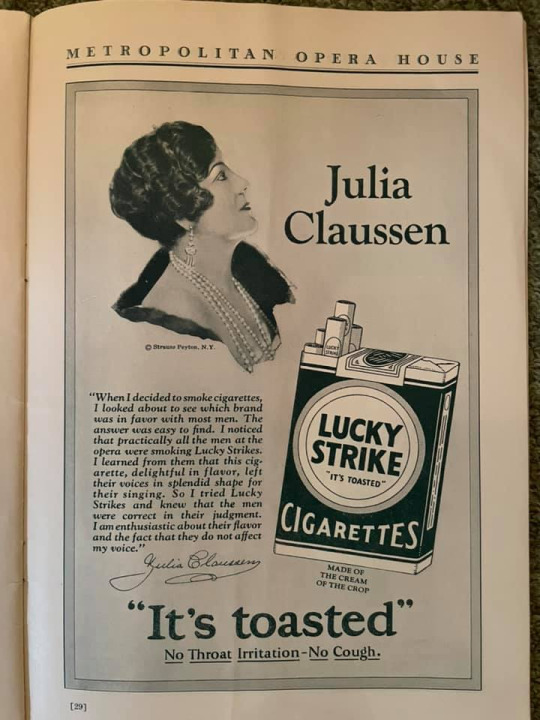
Today a curiosity from 1928 in Program of the Metropolitan Opera New York.
Julia Claussen (1879-1941) was a Swedish opera singer who sang from 1917-1932. There she sung 15 great opera roles
It would be unthinkable today to inspire an opera singer for a cigarette advertisement.
#classical music#opera#music history#bel canto#composer#classical composer#aria#classical studies#maestro#chest voice#Julia Claussen#mezzo-soprano#Royal Swedish Opera#Covent Garden#Royal Opera House#Carnegie Hall#Metropolitan Opera#Met#classical musician#classical musicians#classical voice#classical art#classical history#history of music#historian of music#musicians#musician#diva#prima donna
4 notes
·
View notes
Text
Upcoming Opera Video Streams: Late August-Early September 2024
Aug 23rd: Le Comte Ory from Rossini in Wildbad. Starring Patrick Kabongo, Sophia Mchedlishvili, and Diana Haller. Free!
Aug 23rd: The Idiot from the Salzburg Festival. Starring Bogdan Volkov, Aušrinė Stundytė, Clive Bayley, and Pavol Breslik. Free while live, subscription subsequently.
Aug 24th: Les Contes d'Hoffmann from the Salzburg Festival. Starring Benjamin Bernheim, Katherine Lewek, Christian Van Horn, and Kate Lindsey. Subscription.
Aug 24th: The Gambler from the Salzburg Festival. Starring Sean Panikkar, Asmik Grigorian, and Peixin Chen. Subscription (Medici & Mezzo, Medici stream may be free while transmitting live).
Aug 30th: Il Barbiere di Siviglia from the Royal Swedish Opera. Starring Konu Kim, Luthando Qave, and Dara Savinova. Free!
Sep 6th: La Vestale from Opéra National de Paris. Starring Elza van den Heever, Michael Spyres, Ève-Maud Hubeaux and Julien Behr. Free!
Sep 15th: Un Ballo in Maschera from San Francisco Opera. Starring Michael Fabiano, Lianna Haroutounian, and Amartuvshin Enkhbat. Single purchase.
#opera#opera tag#kate lindsey#benjamin bernheim#michael spyres#asmik grigorian#sean panikkar#offenbach#rossini#christian van horn
15 notes
·
View notes
Text
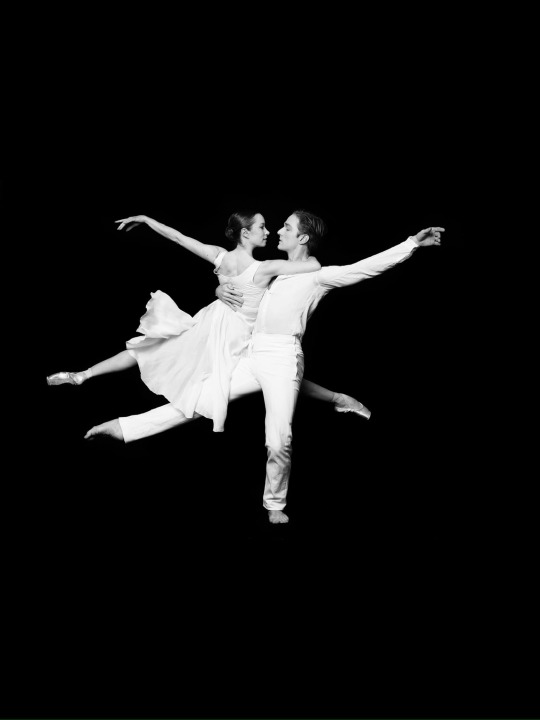
Nathalie Nordquist and Jonatan Davidsson - Royal Swedish Ballet (Kungliga Operan är Sveriges nationalscen för opera och balett)
#Nathalie Nordquist#Jonatan Davidsson#ballet couples#Royal Swedish Ballet#Kungliga Operan#ballerino#ballerina#bailarín#danseur#dancer#tänzer#ballet#dance#boys of ballet#ballet men
11 notes
·
View notes
Text
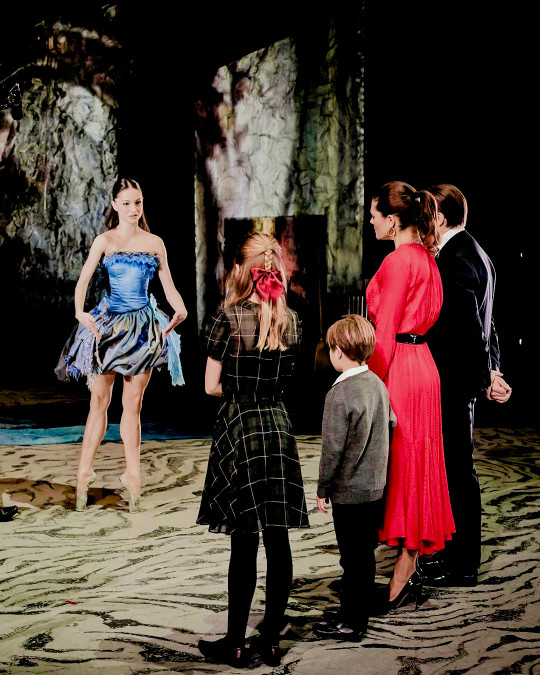
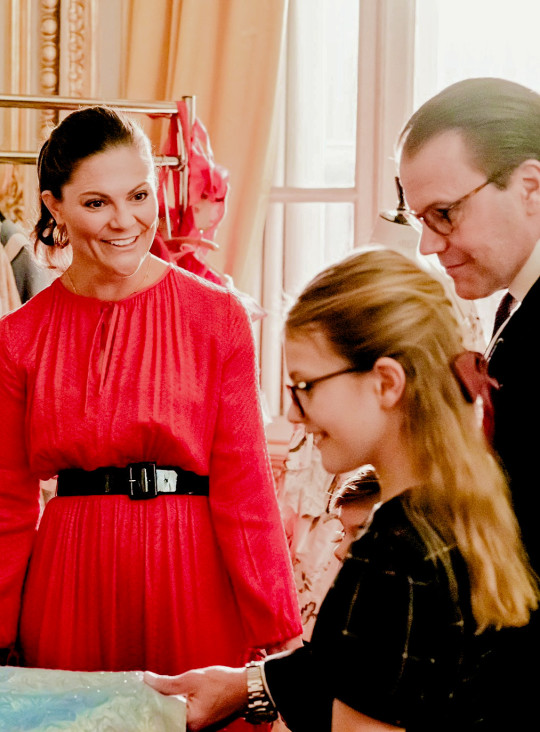
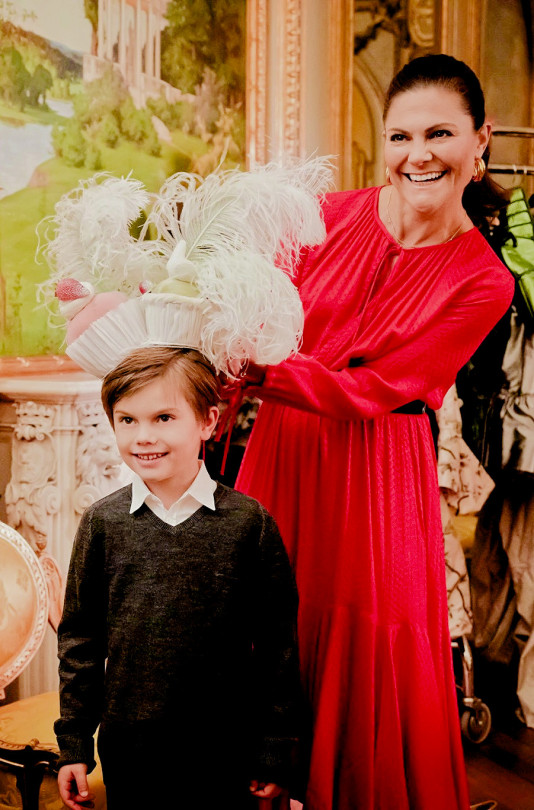
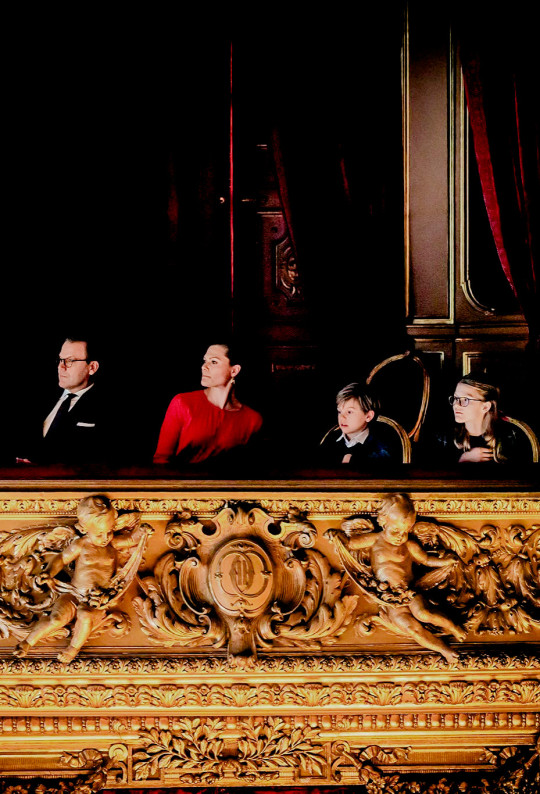
Crown Princess Victoria of Sweden, Prince Daniel of Sweden, Princess Estelle of Sweden and Prince Oscar of Sweden visit the Royal Opera to watch a performance of the ballet “Cinderella”, in Stockholm, Sweden -December 19th 2022.
📷 : Sören Vilks/Kungliga Operan.
#crown princess victoria#prince daniel#princess estelle#prince oscar#swedish royal family#sweden#2022#december 2022#royal opera#royal opera stockholm#cinderella#royal children#my edit
26 notes
·
View notes